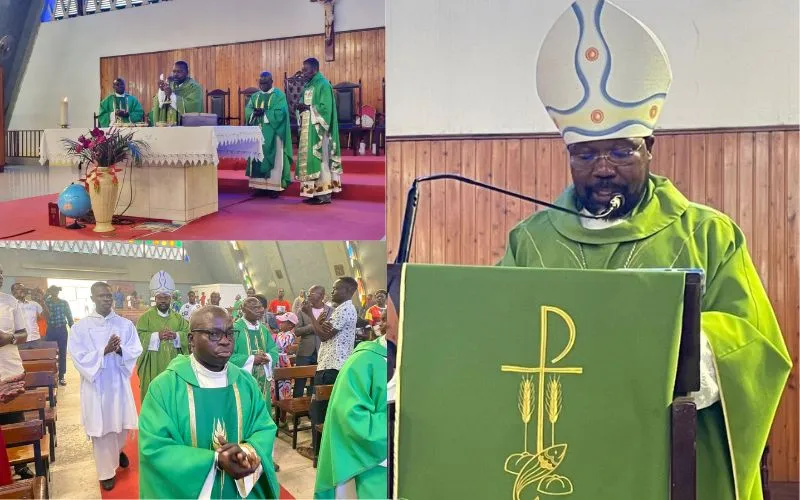Luanda, 04 October, 2024 / 8:56 pm (ACI Africa).
The President of the Episcopal Commission for the Pastoral Care of Migrants and Itinerant People (CEPAMI) in Angola has called for action regarding the situation of migrants in Angola, saying the Church must do more to support them.
In his homily during a Thanksgiving Mass in Luanda to mark 2024 World Day of Migrants and Refugees, Archbishop Zeferino Zeca Martins expressed concern about the lack of documentation for many migrants and their children, even those born in Angola, some of whom he said have been waiting for their documents for over two decades.
“Our full commitment to promoting freedom, protection, and the integration of foreigners who live and work among us is essential because they are our brothers and sisters,” Archbishop Zeca said Monday, September 20 Eucharistic celebration held at St. Anthony’s Parish of the Catholic Archdiocese of Huambo.
He added, in reference to migrants and refugees, “It is not enough to welcome them, to feed them, or provide them with material goods. The Church must do more than providing shelter.”
Archbishop Zeca appealed for solidarity and a more compassionate response to the migrant crisis.








